
The sound of revolt
On his third album, Afro-Portuguese artist Scúru Fitchádu fuses ancestral wisdom with urban revolt, turning memory and militancy into a soundtrack for resistance.

On his third album, Afro-Portuguese artist Scúru Fitchádu fuses ancestral wisdom with urban revolt, turning memory and militancy into a soundtrack for resistance.

No seu terceiro álbum, o artista afro-português Scúru Fitchádu funde a sabedoria ancestral com a revolta urbana, transformando memória e militância em uma trilha sonora para a resistência.
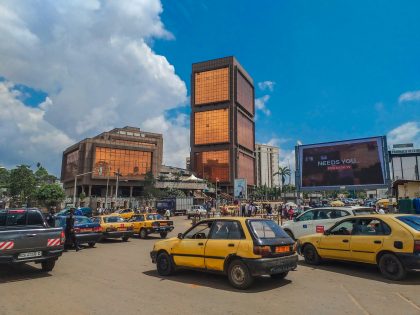
As Cameroon nears its presidential elections, a disintegrated opposition paves the way for the world’s oldest leader to claim a fresh mandate.
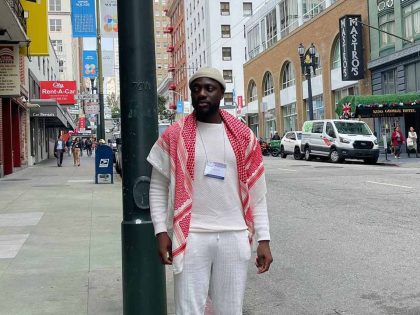
Hounded out of the United States for his pro-Palestine activism, Momodou Taal insists that the struggle is global, drawing strength from Malcolm X, faith, and solidarity across borders.
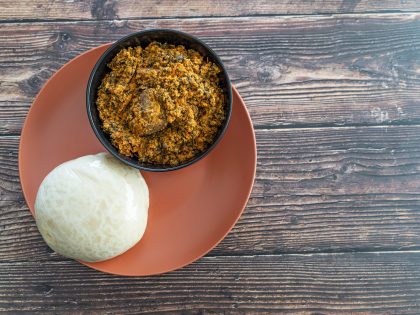
In Nigeria, the drive to cut corners has turned food and drink into vectors of illness, sacrificing health and heritage at the altar of profit.
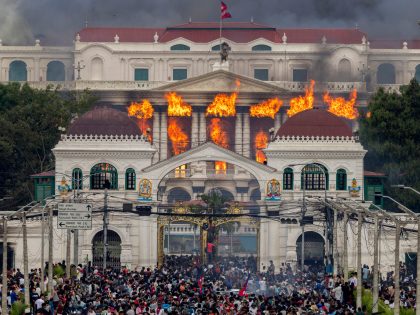
The youth-led uprising in Nepal has toppled the old guard, but its endurance depends on whether anger at corruption and inequality can be translated into lasting political change.
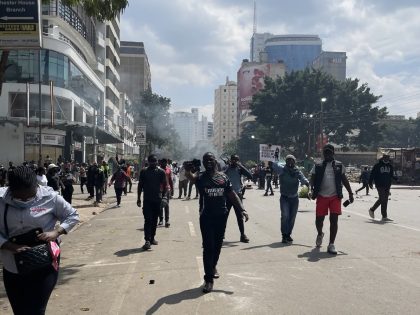
Following two years of mass protest, Kenya stands at a crossroads. A new generation of organizers is confronting an old question: how do you turn revolt into lasting change? Sungu Oyoo joins the AIAC podcast to discuss the vision of Kenya's radical left.
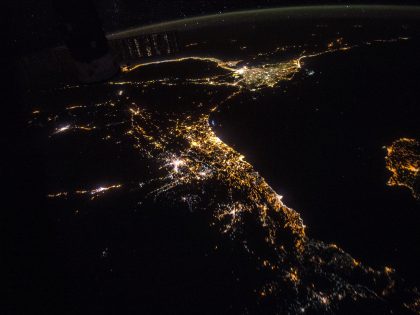
From Gaza to Africa, colonial cartography has turned land into property and people into populations to be managed. True liberation means dismantling this order, not redrawing its lines.
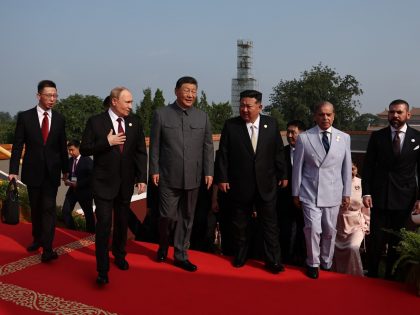
The SCO summit in Beijing revealed cracks in Western dominance—but whether they become openings for justice depends on African agency, not new patrons.
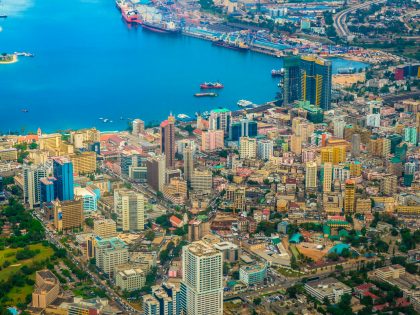
Colonial urbanism cast African neighborhoods as chaotic, unplanned, and undesirable. In postcolonial Dar es Salaam, that legacy still shapes who builds, who belongs, and what the middle class fears the city becoming.
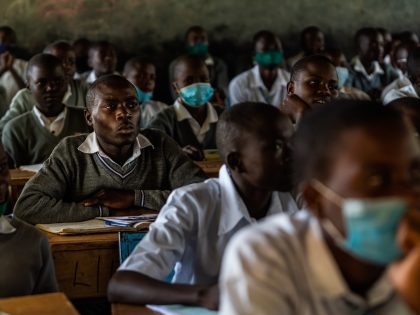
From the colonial classroom to today’s exam halls, student strikes in Kenya are less outbursts than acts of political imagination—insisting that schools live up to their promise of justice and transformation.

Floating power plants from Turkey promise to solve blackouts in the Global South. But easy fixes come with political risks.